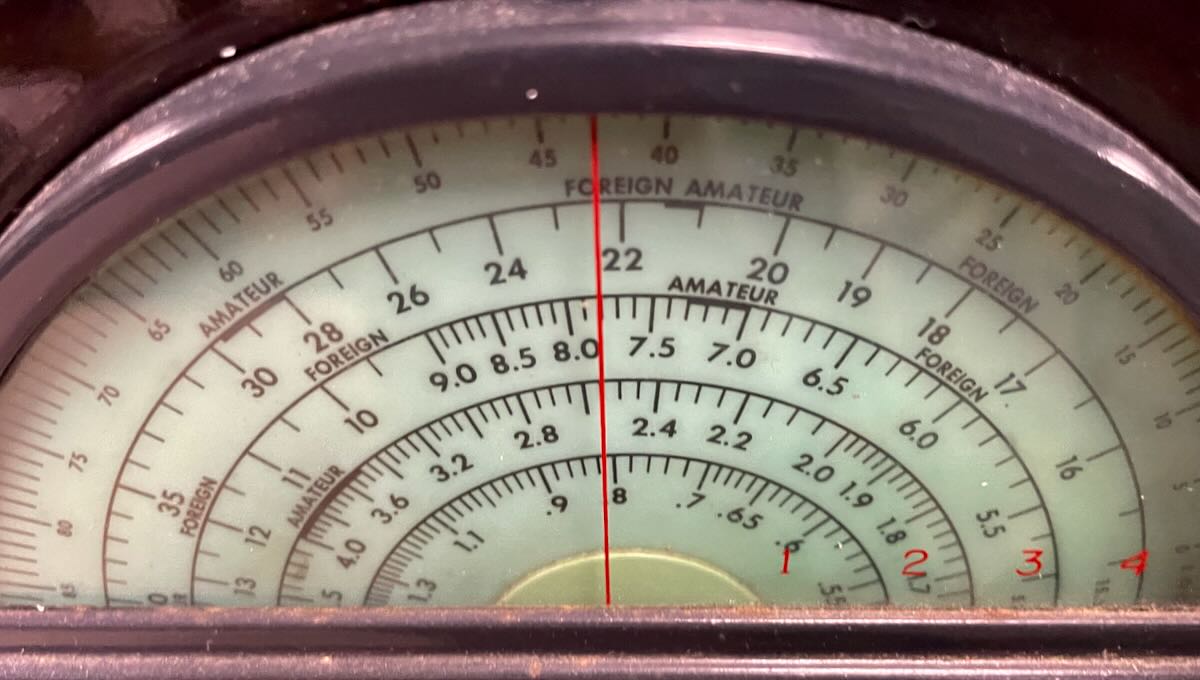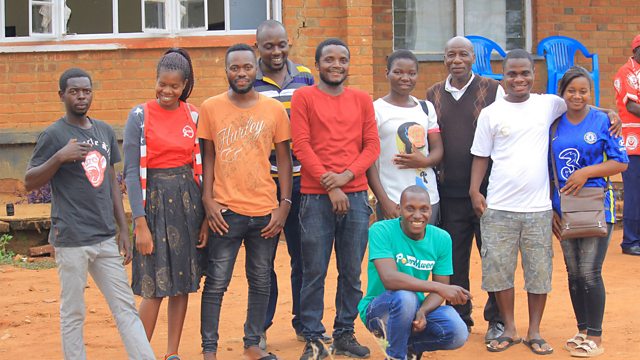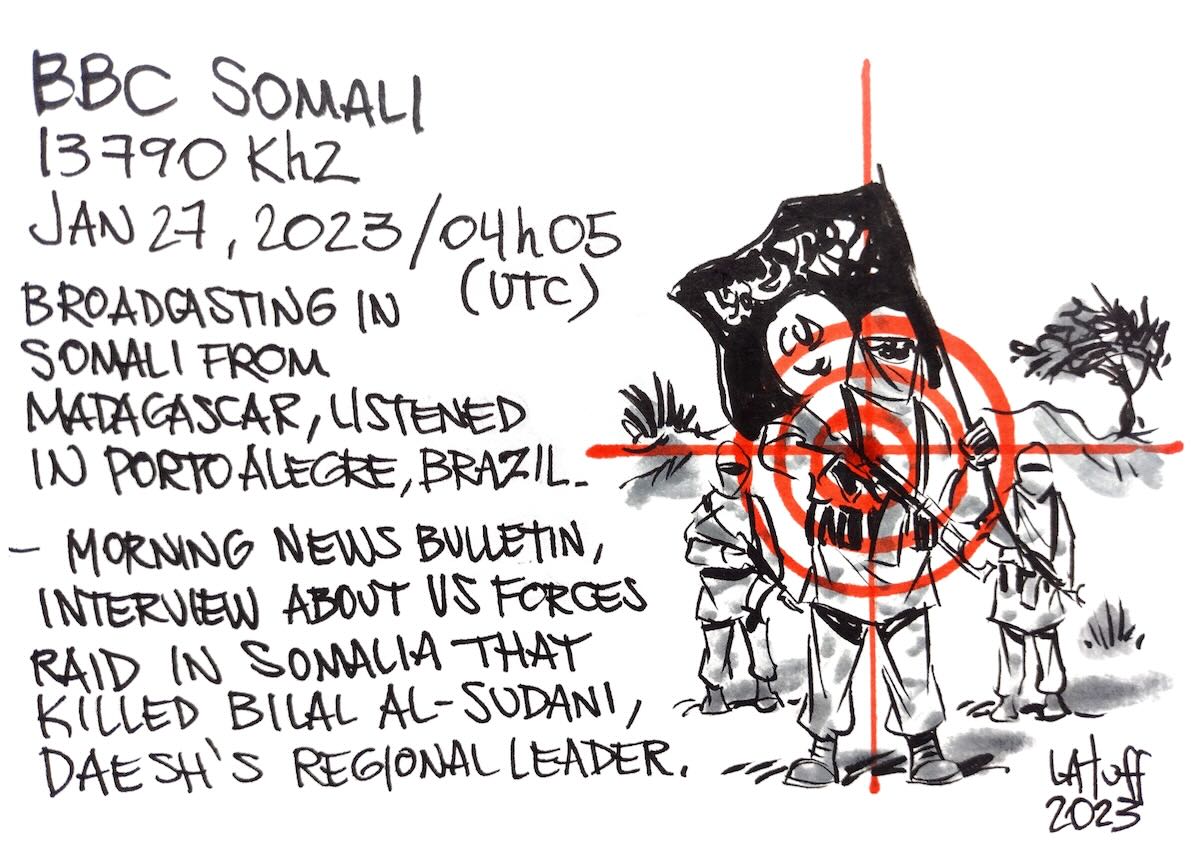 Many thanks to SWLing Post contributor, Ed, who writes:
Many thanks to SWLing Post contributor, Ed, who writes:
Last night on my bedside radio I heard on BBC World’s ‘The Forum’ a wonderful 49-minute piece about portable audio. Much of it covers the earliest portable electron tube radios and transistor radios, and their influences on society in different countries. Mediumwave, Shortwave and FM radios and stations are discussed, as well as evolving technologies. The societal impact of the Compact Cassette and digital audio players and recorders is also discussed. Probably all SWLing Post readers will find this worth listening to!
Cheers,
-Ed
https://www.bbc.co.uk/sounds/play/w3ct5n09
The Forum: Music On The Move
Released On: 22 Jun 2024
Many of us remember the first portable music device we owned: a transistor radio, a boombox, a Walkman or perhaps an iPod. We might even recall the songs we played on it. But we might be less aware of how profoundly audio technology developments from the 1950s to 2000s changed the ways in which we consume music and other audio outside of the home or concert venue. Transistor radios allowed outdoor sounds and noises to mix and compete with those coming over the airwaves, creating new auditory experiences; the cassette player gave the listener a cheap way of making and re-making their own playlists; and the advent of digital music players encouraged us to ‘own’ music recordings without possessing a physical copy of the audio.
Iszi Lawrence discusses the history of portable music with Dr. Annie Jamieson, Curator of Sound Technologies at Bradford’s National Science and Media Museum; American drummer and writer Damon Krukowski; Dr. Jahnavi Phalkey, science historian and Founding Director of Science Gallery Bengaluru, India; Karin Bijsterveld, Professor of Science, Technology and Modern Culture at Maastricht University; and World Service listeners.





